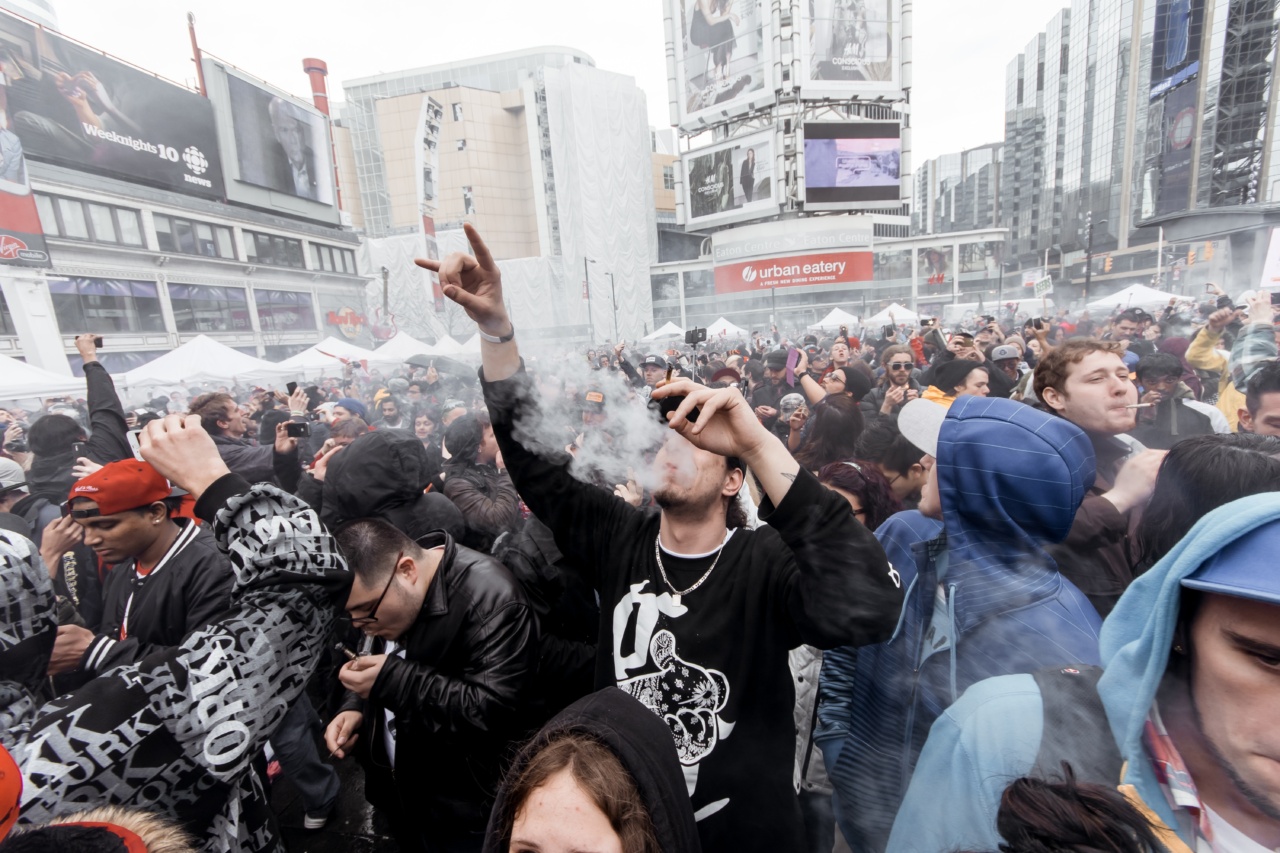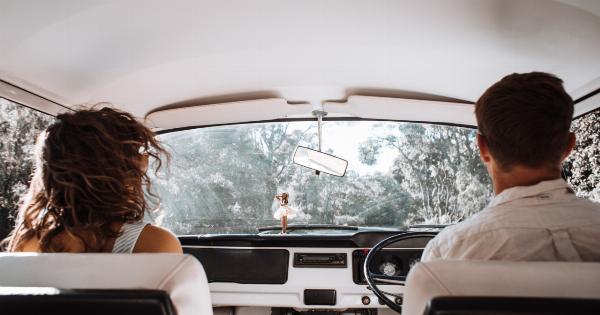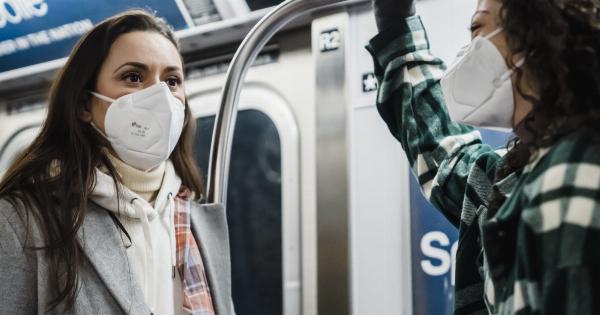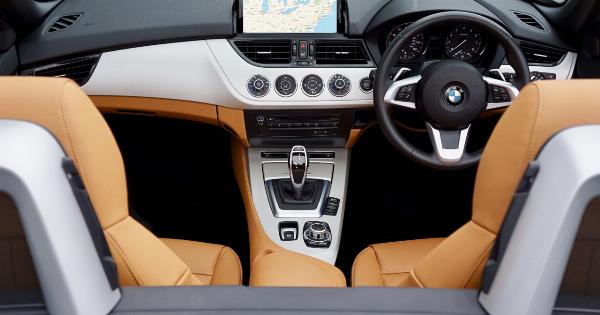As the winter season approaches, it is important for students to be cautious when commuting to and from school in bad weather conditions.
It is not uncommon for accidents to happen during this time of year, but what many students may not realize is that their insurance coverage may not fully protect them in these situations.
What does insurance typically cover?
Most insurance policies cover accidents that occur while driving or traveling to and from school. This may include accidents that happen due to road conditions, such as black ice or heavy rain.
However, there may be limitations to this coverage which students should be aware of.
What may not be covered?
There are certain types of accidents that may not be covered by insurance policies that students should be aware of. For example, if a student is involved in an accident while driving on a closed road, they may not be able to make a claim.
Additionally, if a student is driving while under the influence of drugs or alcohol, their insurance coverage may be voided.
The importance of proper vehicle maintenance
In order to minimize the risk of accidents during bad weather conditions, it is important for students to ensure that their vehicles are properly maintained.
This includes checking their tires to ensure they have sufficient tread, making sure their brakes are in good condition, and ensuring that their windshield wipers are working properly.
Taking necessary precautions
In addition to maintaining their vehicles, there are other precautions that students can take to minimize the risk of accidents during bad weather conditions.
This may include driving more slowly than usual and increasing the distance between themselves and other vehicles on the road. Additionally, students should always wear their seat belts and avoid distractions such as texting or using their phone while driving.
What to do in case of an accident
If a student is involved in an accident during bad weather conditions, there are certain steps that they should take in order to ensure that they are properly protected.
This may include calling the police to report the accident, exchanging information with the other driver, and contacting their insurance company as soon as possible to file a claim.
Alternative forms of transportation
For students who do not have access to a vehicle or who feel uncomfortable driving during bad weather conditions, there are alternative forms of transportation that they can consider.
This may include carpooling with other students, using public transportation, or even walking if the conditions allow it.
Conclusion
While accidents can happen at any time of year, it is important for students to be especially cautious when traveling during bad weather conditions.
By understanding what their insurance policies do and do not cover, maintaining their vehicles properly, and taking necessary precautions, students can minimize the risk of accidents and ensure that they are properly protected in case an accident does occur.



























